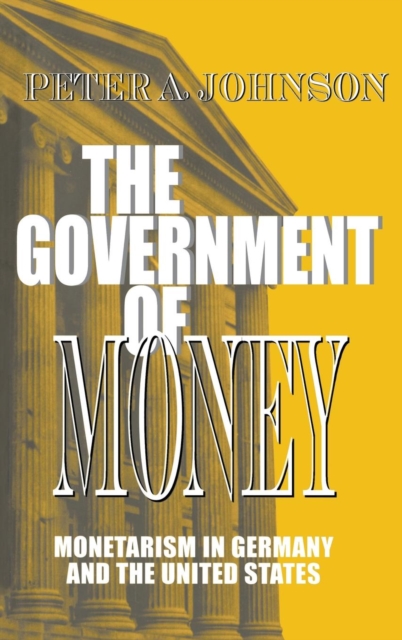
The Government of Money : Monetarism in Germany and the United States PDF
by Peter A. Johnson
Part of the Cornell Studies in Political Economy series
Description
In recent years governments have increasingly given their central banks the freedom to pursue policies of price stability. In particular, the German Bundesbank and the U.S. Federal Reserve have been widely considered models of autonomous policymaking. This book traces the origins of their success to the political struggle to adopt monetarism in Germany and the United States.
The Government of Money contends that the political involvement of monetarist economists was central to this endeavor. The book examines the initiatives undertaken by monetarists from 1970 to 1985 and the policies that resulted once their ideas were enacted. Taking a historical approach to major issues of political economy, Peter A. Johnson describes both the political efforts of the monetarist economists to convert central banks to their preferred policies and the resistance offered by traditionalist central bankers, politicians, and financial and labor interests.
Johnson concludes that monetarist ideas succeeded in part because their supporters convincingly claimed that price stability would promote political stability. He thereby challenges important assumptions about politics and policymaking in both countries and reveals the often hidden influence of monetary policy on the health of capitalist democracies.
Information
-
Download - Immediately Available
- Format:PDF
- Pages:256 pages
- Publisher:Cornell University Press
- Publication Date:15/05/2019
- Category:
- ISBN:9781501744532
Information
-
Download - Immediately Available
- Format:PDF
- Pages:256 pages
- Publisher:Cornell University Press
- Publication Date:15/05/2019
- Category:
- ISBN:9781501744532










